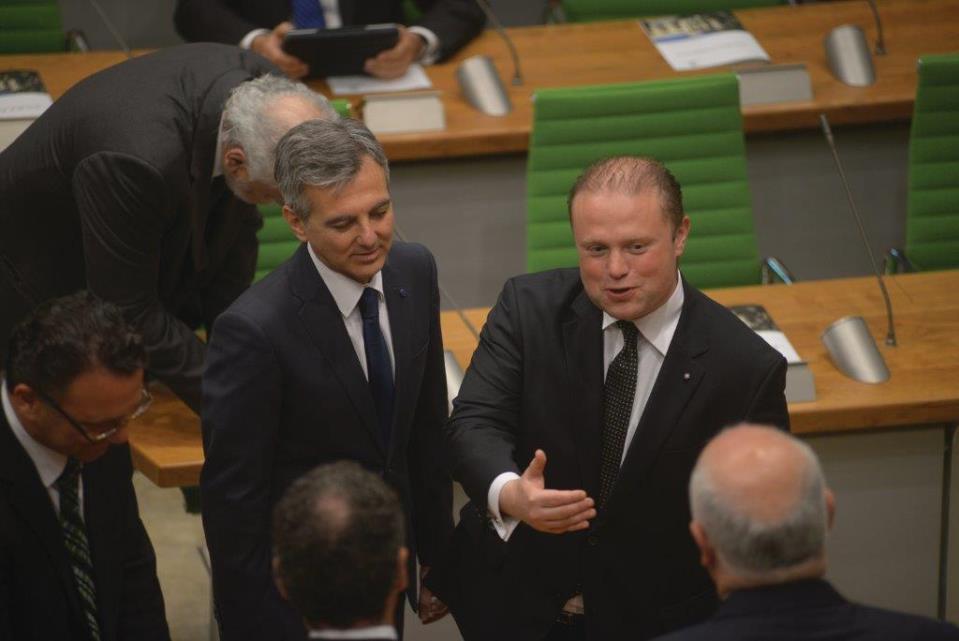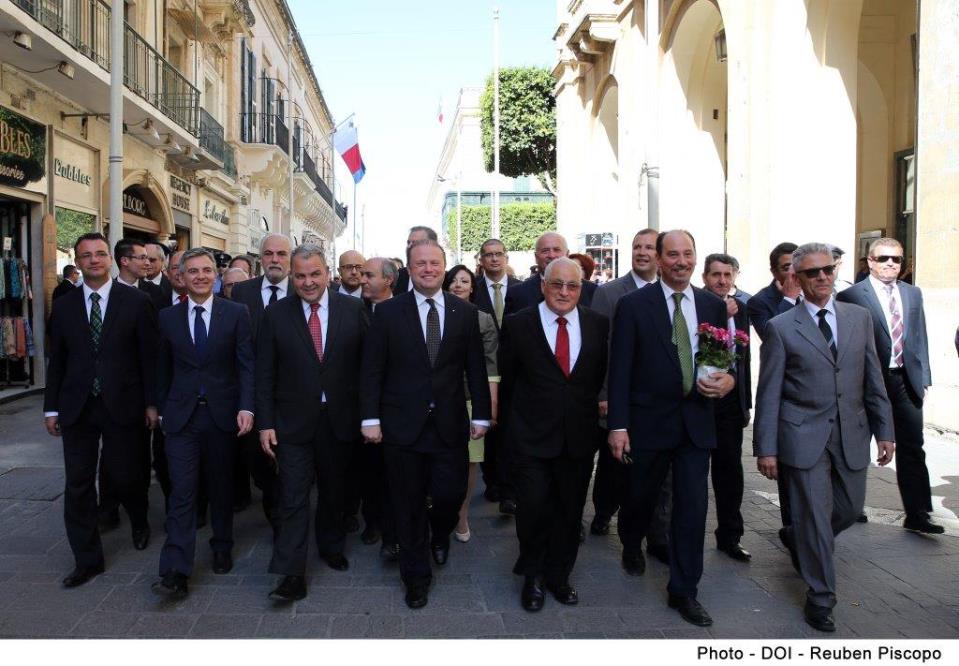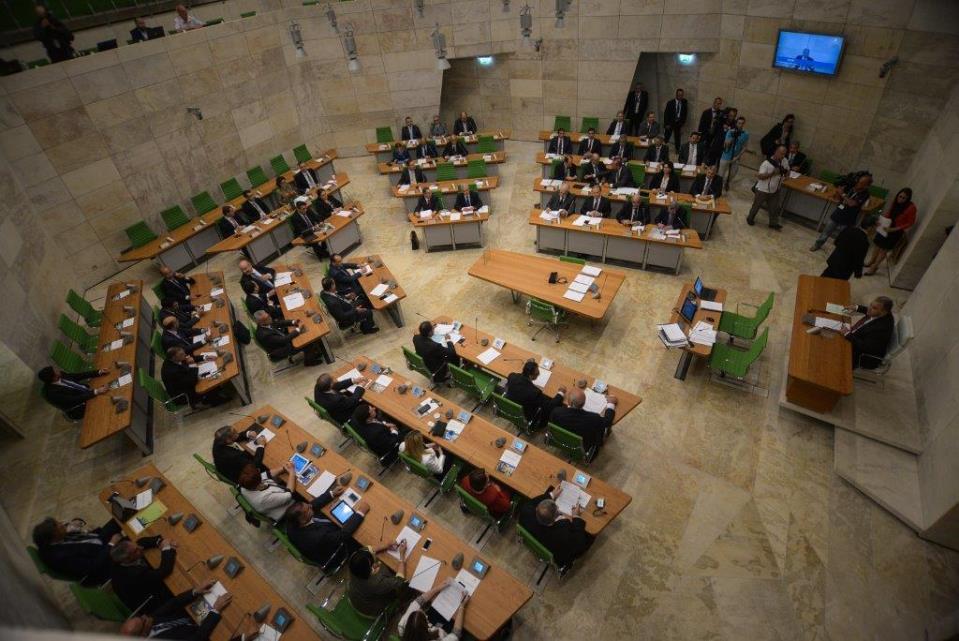Maltese Members of Parliament are the European Union’s lowest paid lawmakers in comparison to national average wages. Maltese MPs, in fact, take home just 1.1 times the country’s average salary, an extensive study carried out by Euronews has shown.
The study, published today, draws on figures supplied by national parliaments and compares them with 2010 average national wages.
Malta’s MPs are paid €21,145 a year, compared with the national average salary of €18,744.
The EU’s highest paid MPs on this yardstick are Italy’s, who earn 5.3 times the country’s average wage. Italian MPs are, in fact, paid €167,257 per annum, compared with the national average salary of €31,680. Bulgarian MPs are the lowest paid on a gross basis, taking home €16,318 annually, which is still 3.5 times the country’s average salary.
MPs from the UK, Italy, Austria, Germany and the Netherlands all earn more than Members of the European Parliament, who take home around €96,000 a year.

Maltese MPs’ part-time status not accounted for
One crucial aspect missing from the study, however, is the fact that Maltese MPs essentially work part-time, plying their parliamentary trade typically Monday through Wednesday between 6pm and 9.30pm.
Matters, however, could be expected to change sometime in this legislature – for better or for worse.
One of the current government’s electoral pledges would see Maltese parliamentarians being paid on a pro rate basis in accordance with the number of plenary sessions they actually attend, instead of receiving the just over €21,000 flat rate irrespective of their attendance in the House.
While the thorny proposal was believed to have been at least temporarily shelved, Prime Minister Joseph Muscat had resurrected the issue just last Sunday and pledged to implement it.

Internal government report proposes full-time parliament
In addition to such punitive action, there may be other cards on the table as well.
In January 2015 this newsroom had reported how a committee appointed by the government in 2013 recommended a significant pay rise for members of the Cabinet as well as the President, the Leader of the Opposition and the Speaker of the House of Representatives. The committee has also proposed the introduction of full-time MPs, whose salaries would essentially be tripled.
According to the still unpublished document that was been seen by this newsroom last year, the Prime Minister’s salary would increase by almost 90 per cent to over €94,000 a year. The President’s salary would be rounded up to €95,000, and Ministers, the Speaker and the Leader of the Opposition would earn over €70,000.
In the case of MPs, salaries would almost triple from the current €21,000 a year honorarium to a full-time annual salary of €59,000, which would be halved if the proposal is not accepted and they remain as part-time parliamentarians.
The committee, which was comprised of then Ombudsman Joseph Said Pullicino, then Auditor-General Anthony C. Mifsud and then Chief Electoral Commissioner Saviour Gauci, was appointed by Prime Minister Joseph Muscat in April 2013. The report was delivered back in December 2013 but it has not been published.
One of the report’s aims was to determine how MPs who also serve in Cabinet are paid adequately for their duties. The document states that such a move would to eliminate the possibility of a similar public reaction as that in 2008 following the minister’s honorarium furore. The report said that the present government committed itself to a new remuneration package, as proposed by the committee, which would take effect after the current legislature as long as agreement to its implementation is reached.

Professional salaries for professional politicians
The committee noted that, while a good salary should not be the motivation behind anyone’s motivation to enter into politics, those choose such a path usually sacrifice a great deal with respect to their personal careers. A better salary, the report found, would also help discourage corruption.
The committee held a number of meetings with MPs from both sides of the house as well as with Alternattiva Demokratika. Its recommendations included a deduction from payments in the event of unauthorised absence from the house, MPs’ pensions and restricting ‘outside interests’.
The report noted that MPs need to be paid a professional salary for doing a professional job, and comparisons were made between an MP’s pay and the average national earnings levels.
Perhaps the most radical proposal is for Members of Parliament to work full-time with a proposed salary of €59,834. MPs currently receive an honorarium of some €21,000, which is not afforded to members of the Cabinet.
Also see:
http://www.euronews.com/2016/04/12/who-are-the-best-paid-mps-in-the-eu/
http://www.independent.com.mt/articles/2015-01-04/local-news/PAY-RISE-proposal-for-PM-s-salary-to-double-in-2018-6736128174